New students 'should prepare for meningitis'

Ryan Bresnahan died from Meningitis B in 2010, aged 16
- Published
The family of a teenager who died from meningitis have urged parents and students setting off for university to get vaccinated and learn about symptoms.
Ryan, 16, died at his Bristol home an hour after complaining of an upset stomach in 2010.
The illness, which includes symptoms such as headache and sickness, can affect anyone, but under fives, 16-24 year olds, and the elderly are most at risk.
Ryan's mother Michelle Bresnahan said: "Go away prepared. That involves going through the signs and generally what to do in an emergency,"
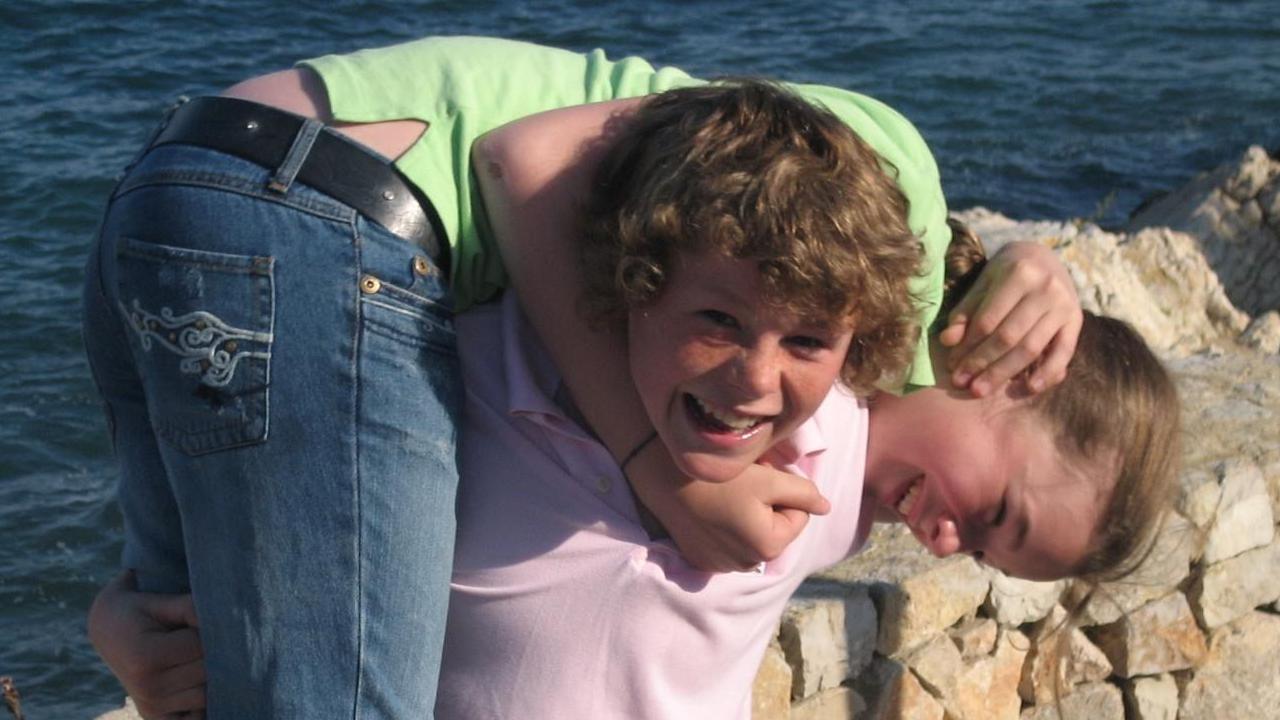
Charlotte said her brother Ryan was always "full of mischief"
Michelle said their lives "changed significantly" one "very normal Wednesday morning" after Ryan was sick in the night and felt very tired.
Michelle said she had "no cause for concern" and eventually decided to pop out to get Ryan an energy drink.
With Michelle out, Ryan suddenly took a turn for the worse and an ambulance was called by his then 13-year-old sister Charlotte Bresnahan.
"I think at the time it was that sort of phrase of 'fight or flight'." said Charlotte, now 28.
"I rang back the ambulance about three times, asking them where they were. I was just so adamant for things to be as quick as possible and to get him out of pain," Charlotte added.
Michelle later arrived home to find paramedics in her home, who told her Ryan was "severely ill" with suspected meningitis.
"I remember very clearly at the time responding by saying 'but babies get meningitis - not six foot strapping young men'," she said.
Ryan was later taken to hospital, where he died the same day with Meningitis B diagnosed as the cause.
After his death, the family set up A Life for a Cure, a charity which has since raised more than £610,000 for research into the condition.
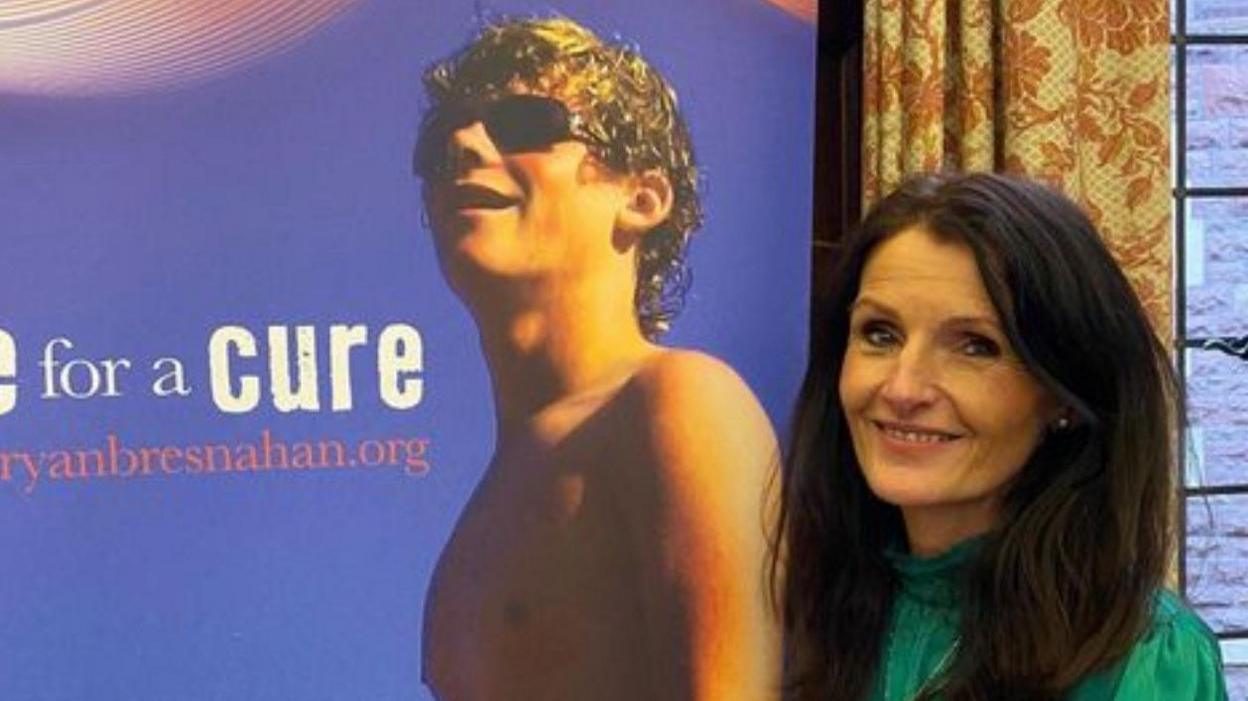
Life for a Cure, the charity set up by Michelle and her husband John, has raised more than £610,000 towards meningitis research
The volunteer-run charity relies entirely on community fundraising, including sponsored challenges like the 630-mile walk which Charlotte will begin on 5 September.
Marking what would have been her brother's 30th birthday, Charlotte says she hopes to complete the South West Coast path in 30 days, which she said is "equivalent to climbing Mount Everest four times".
"It just felt quite poignant. Between 13 to now I've been climbing my own Everest, dealing with that loss," she said.
The walk will begin in Minehead, round to Land's End and finish in Poole on 5 October, which is World Meningitis Day.

Charlotte will undertake her first solo challenge for the charity, marking what would be her brother's 30th birthday
Charlotte said the charity had been a "nice excuse" to talk about Ryan, who she described as "full of mischief" and fun.
"It has allowed me to still exist as a sister," she said.
Michelle said the foundation had given Ryan a chance to leave an impact on the world.
"16 is too young to die. He was just too great for his story to stop there," she said.
"We refer to A Life for a Cure as Ryan's next chapter, which we are writing, and we're very honoured to do that," said Michelle.
Michelle said the charity had a lot of positives to celebrate, namely helping to raise funds for a vaccine for meningitis B, which was licensed for use in 2015.
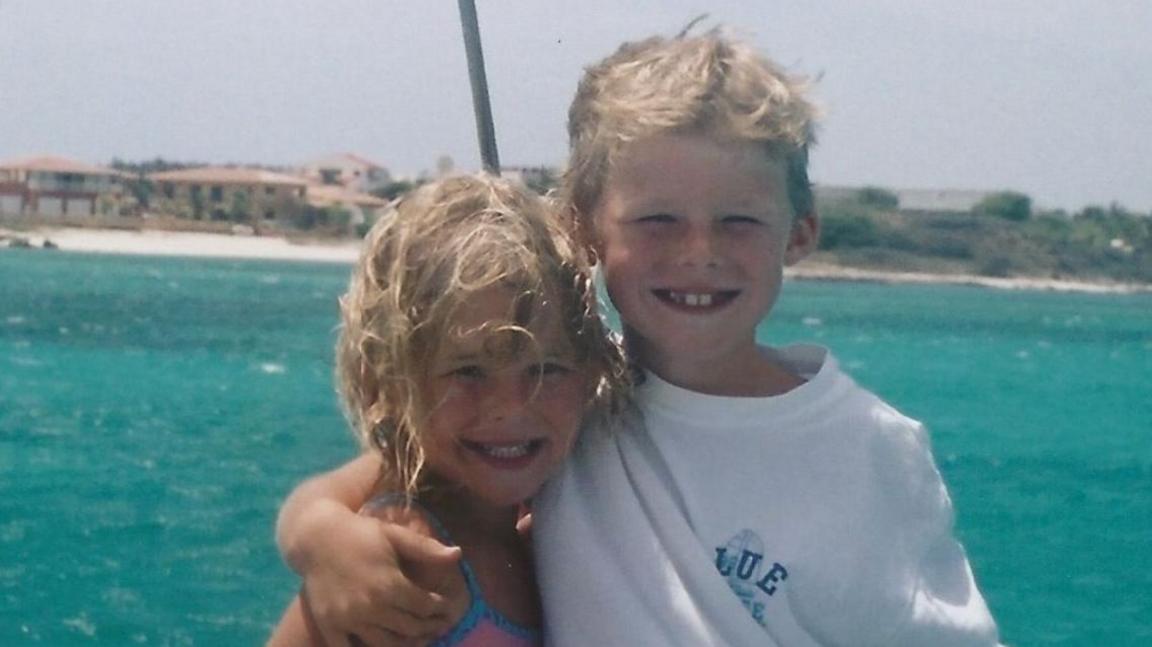
Charlotte said she and her brother were always described as 'two peas in a pod'
'Treat it seriously'
Dr Tom Nutt, CEO of UK charity Meningitis NOW, which is based in Stroud, Gloucestershire, said people need to treat the condition "like the emergency it is".
He said while the infection can affect people of any age, there is a misconception only babies and infants are at risk.
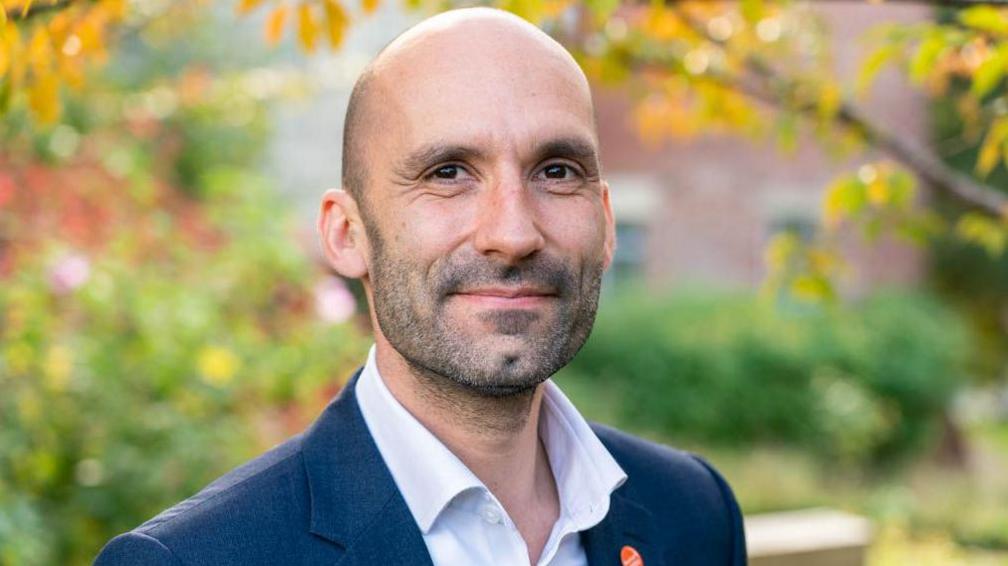
Dr Tom Nutt said while the infection can affect people of any age, there is a misconception only babies and infants are at risk
Dr Nutt said students and young people are particularly at risk, partly because they are unlikely to have been vaccinated, especially against the most prevalent form of the bacteria, Men B.
And while students and parents need to be more aware of the risks of meningitis, universities and colleges need to play their part too, he added.
"You see posters and fire safety stickers and notices throughout any public building. We'd love to see similar stickers, posters and notices about meningitis," he said.
What are universities doing?

Bristol University said information regarding meningitis is available to students on their website
At the University of Gloucestershire, each halls of residence welcome pack will include cards detailing the symptoms of meningitis.
It has also been highlighted in the pre-arrival induction video for students and in the halls of residence handbook.
At the University of Bath, external, meningitis will also be raised in welcome talks which all students have to attend.
New College in Swindon said NHS meningitis posters will be displayed in relevant parts of the college and ID-sized plastic 'meningitis advice cards' will be available for students.
The University of Bristol said meningitis information is available on its website., external
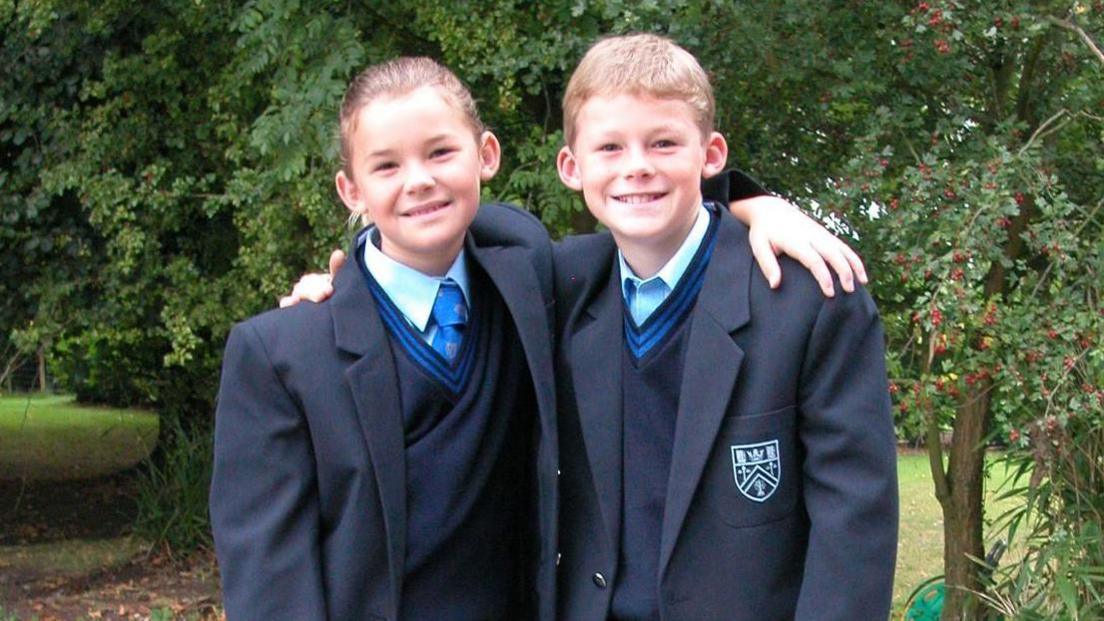
Charlotte's challenge is being sponsored by Clifton College, the school both she and Ryan attended, and her employer Digital Radish
Charlotte said while university can be "daunting" because of pressure to fit in, "nothing bad ever comes" from being cautious.
"I think it's just stressing the importance that it's not uncool to care about people's health and to look out for them," she said.
"Have the confidence to flag if someone doesn't feel well. Maybe just go to the hospital, the university nurse, or maybe just call 111," she added.
What are the signs to look for?
Meningitis, an infection of the protective membranes that surround the brain and spinal cord (meninges).
It is most common in babies, young children, teenagers and young adults.
The infection can be very serious if not treated quickly and can cause life-threatening sepsis and permanent damage to the brain or nerves.
The symptoms include:
a high temperature (fever)
being sick
a headache
a rash that does not fade when a glass is rolled over it (but a rash will not always develop)
a stiff neck
a dislike of bright lights
drowsiness or unresponsiveness
seizures (fits)
A number of vaccinations are available, such as the MenACWY vaccine, external and the MMR vaccine, external, offering some protection against meningitis.
Source: NHS, external
Get in touch
Tell us which stories we should cover in Bristol
If you've been affected by the issues in this story, help and support is available via the BBC Action Line.
Follow BBC Bristol on Facebook, external, X, external and Instagram, external. Send your story ideas to us on email or via WhatsApp on 0800 313 4630.
- Published26 August 2024
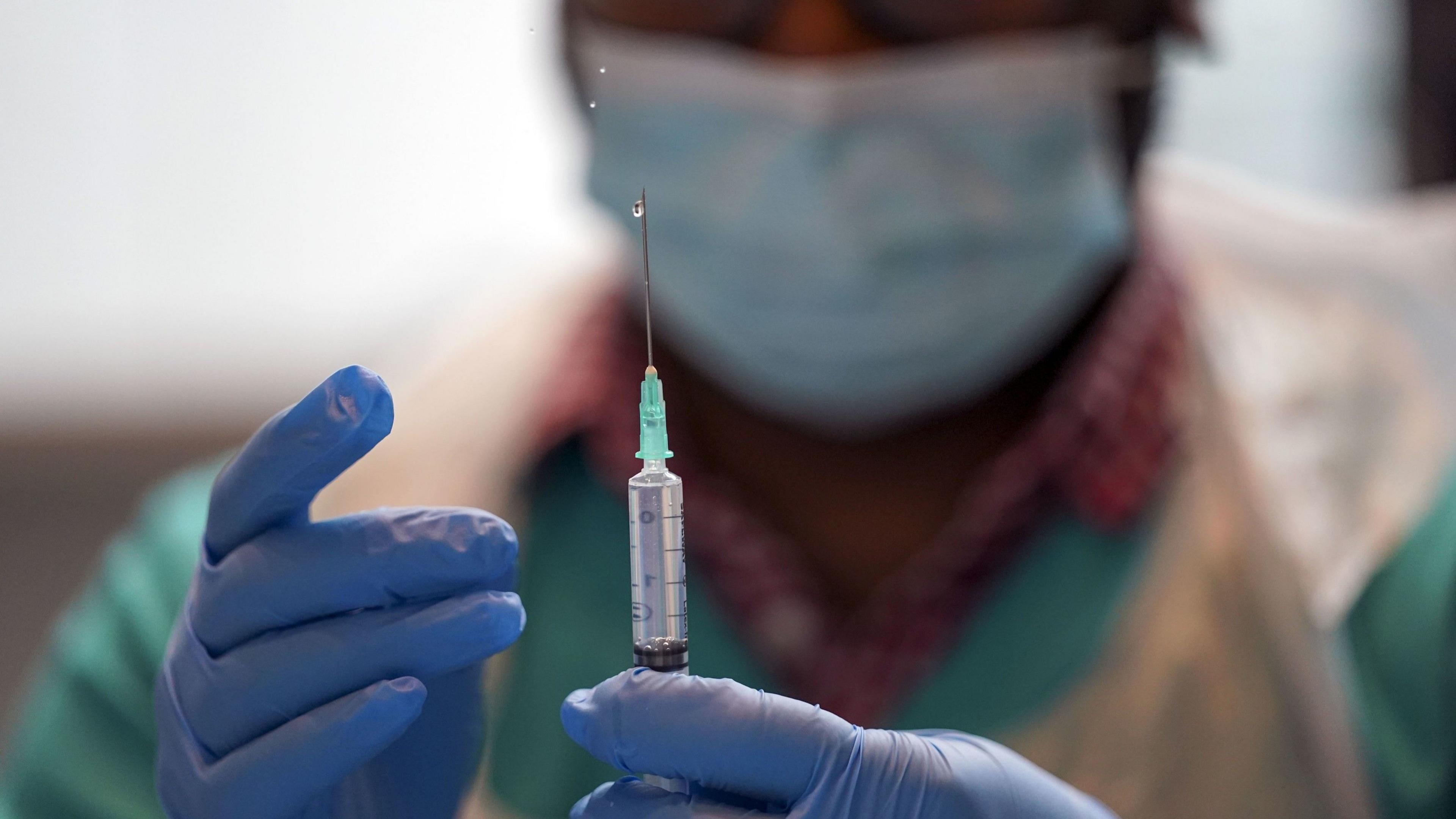
- Published23 July 2024
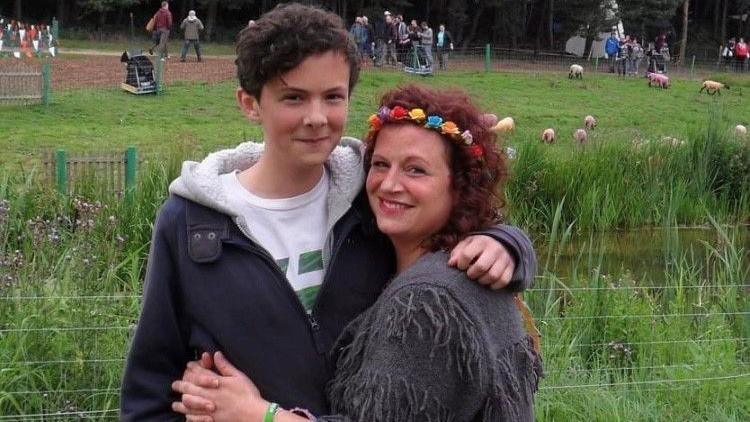
- Published16 April 2024
